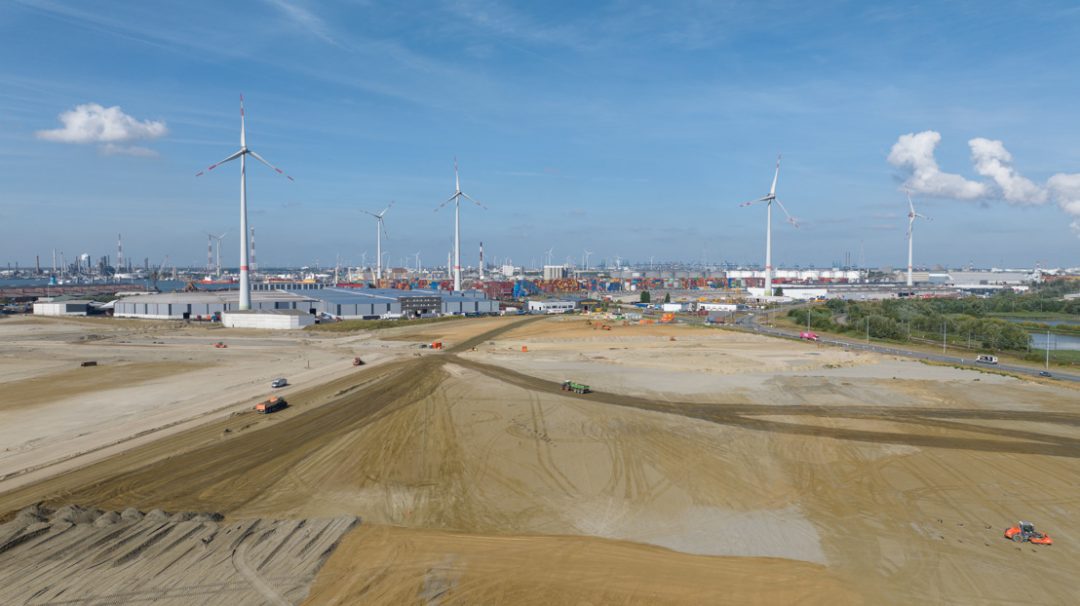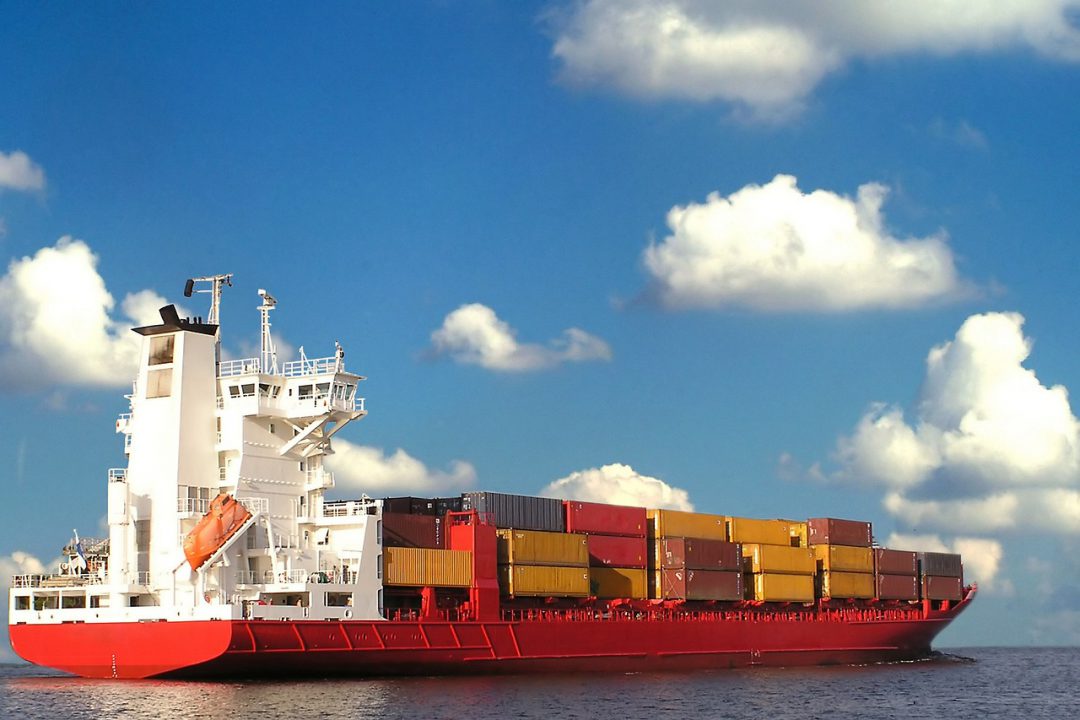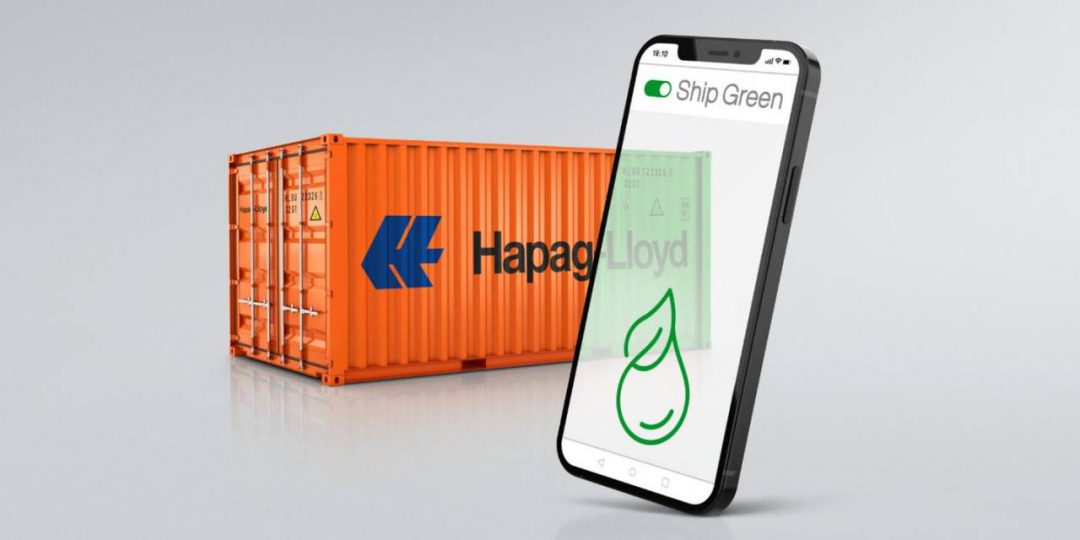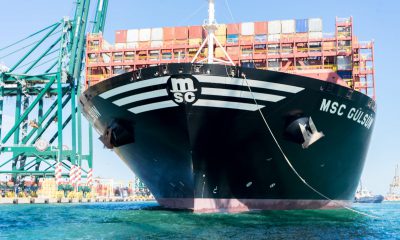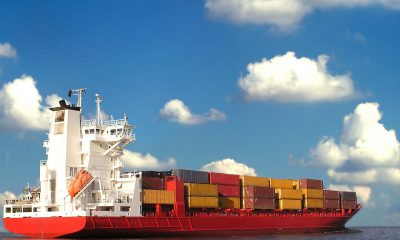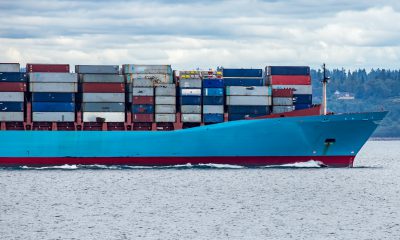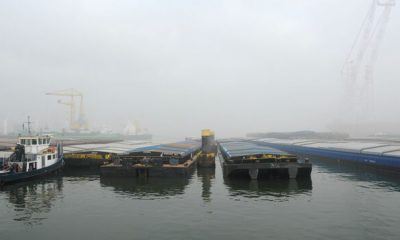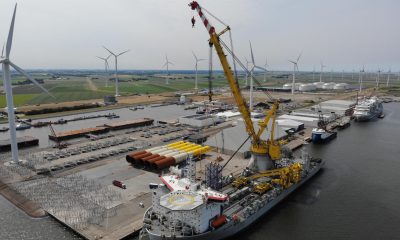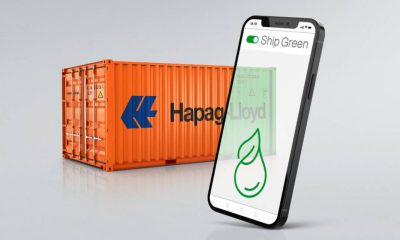The Global Centre for Maritime Decarbonisation GCMD and MOL announced the signing of a five-year Impact Partnership agreement. On the same day, both parties held a signing ceremony at the GCMD office in Singapore.
Decarbonisation in the maritime industry is a challenge that needs to be achieved through accelerating collaboration and increasing investment by shipping companies, their customers, ports, energy suppliers and public sector actors. As an Impact Partner of GCMD, MOL will utilise its expertise developed over their long history and make various contributions and collaborations through its participation in GCMD’s projects, including providing access to vessels, operating data and evaluation reports so that internal learnings can be shared publicly and used for future trials.
MOL is one of the world’s leaders in the maritime industry and has been leading worldwide discussions on achieving decarbonisation. The carbon budget concept imposes a ceiling to the cumulative amount of greenhouse gas (GHG) that can be emitted globally in order to limit global temperature rise to 1.5 degree Celsius by 2050. Intermediate targets to reduce emissions, in addition to a net-zero target, are necessary. While plans are in place to adopt low or zero emissions vessels in the future, it is important to deploy measures to reduce emissions now. Such measures include the use of low-carbon and transition fuels that are available today, and deploying energy savings devices onboard vessels. MOL will bring its extensive capabilities and experience to bear as it joins GCMD and existing partners to accelerate international shipping’s decarbonisation.
Professor Lynn Loo, CEO of the Global Centre for Maritime Decarbonisation, said: “We are proud to have MOL, one of the leading shipowners in Japan, come onboard as an Impact Partner. We are excited to tap on MOL’s track record in developing technical energy efficiency measures to broaden our perspective as we scope an initiative to help increase industry adoption of measures that can increase fuel efficiency of ships.”
Toshiaki Tanaka, Representative Director, Executive Vice President Executive Officer, and Chief Operating Officer of MOL, said: “We are very pleased to be a partner of one of the most important global coalitions. We will make our biggest effort to contribute and accelerate progress towards the net zero future in maritime industry, together with GCMD and all its partners.”
About the Global Centre for Maritime Decarbonisation
The Global Centre for Maritime Decarbonisation (GCMD) was set up on 1 August 2021 as a non-profit organisation. Our strategic partners include the Maritime and Port Authority of Singapore (MPA), BHP, BW Group, Eastern Pacific Shipping, Foundation Det Norske Veritas, Ocean Network Express, Seatrium, bp, Hapag-Lloyd and NYK. Beyond the strategic partners, GCMD has brought on board 15 partners that engage at the centre level, in addition to more than 80 partners that engage at the project level.
Strategically located in Singapore, the world’s largest bunkering hub and second largest container port, GCMD aims to help the industry eliminate GHG emissions by shaping standards for future fuels, piloting low-carbon solutions in an end-to-end manner under real-world operations conditions, financing first-of-a-kind projects, and fostering collaboration across sectors.
